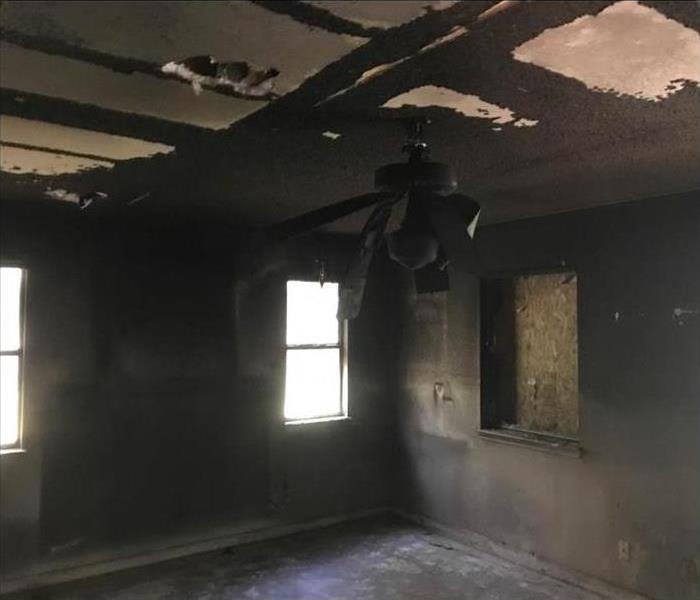Important Things You Should Know About Fire Insurance
6/19/2022 (Permalink)
Fire Insurance Coverage
To disasters and emergencies, you are grateful to have insurance coverage. An insurance policy will protect you financially against losses you experience in your home. Your plan should cover the cost to repair or replace items in a variety of incidents. When it comes to fire damage, your policy can spare you a lot of financial grief and stress. However, there are some instances when your policy may not pay for all fire-related damages.
1. Coverage of the Dwelling
Your homeowner's insurance policy will cover damages that occur in your house due to a fire. This coverage is good up to a certain limit. Make sure you understand what this limit is so you know whether your policy will cover all fire damage restoration needs. The plan will cover any parts of the home that the fire affected, even if the fire started elsewhere and moved to other parts of the house.
2. Detached Structures
If a fire damages or destroys structures that are not attached to your home, you should still have coverage. These may include garages separate from the home, sheds, and other buildings on the property.
3. Fire Damage to Personal Property
A fire can be destructive, not only destroying the home and building materials themselves but other items you own. This list includes belongings such as clothing, furniture, electronics, books, keepsakes and much more. Your coverage should pay to replace or fix these items.
When Coverage Does Not Apply
In some circumstances, you cannot expect your insurance plan to cover damage from a fire. If you deliberately start the fire, your plan will not pay to remove the effects of smoke damage or replace or repair any parts of the home. You may also need to buy supplemental fire insurance to pay for such damage if you live in an area prone to wildfires.
Fire damage can be severe. To avoid costly losses, make sure you have adequate homeowner's insurance.




 24/7 Emergency Service
24/7 Emergency Service
